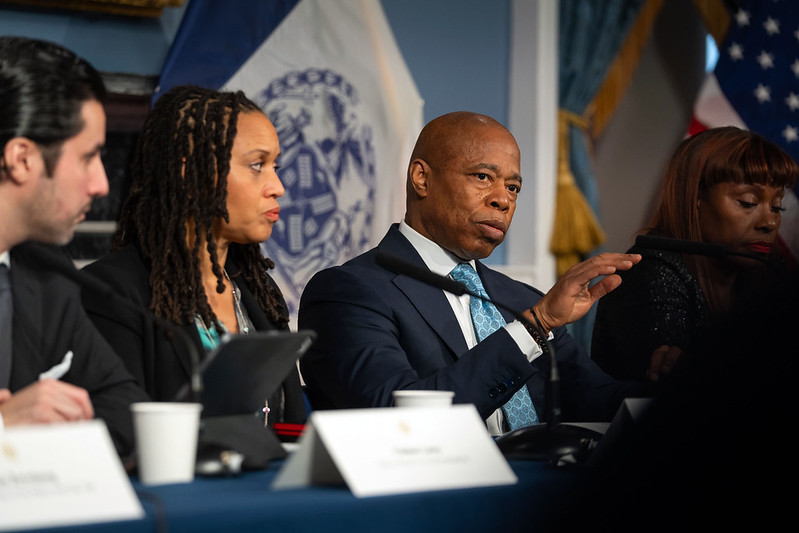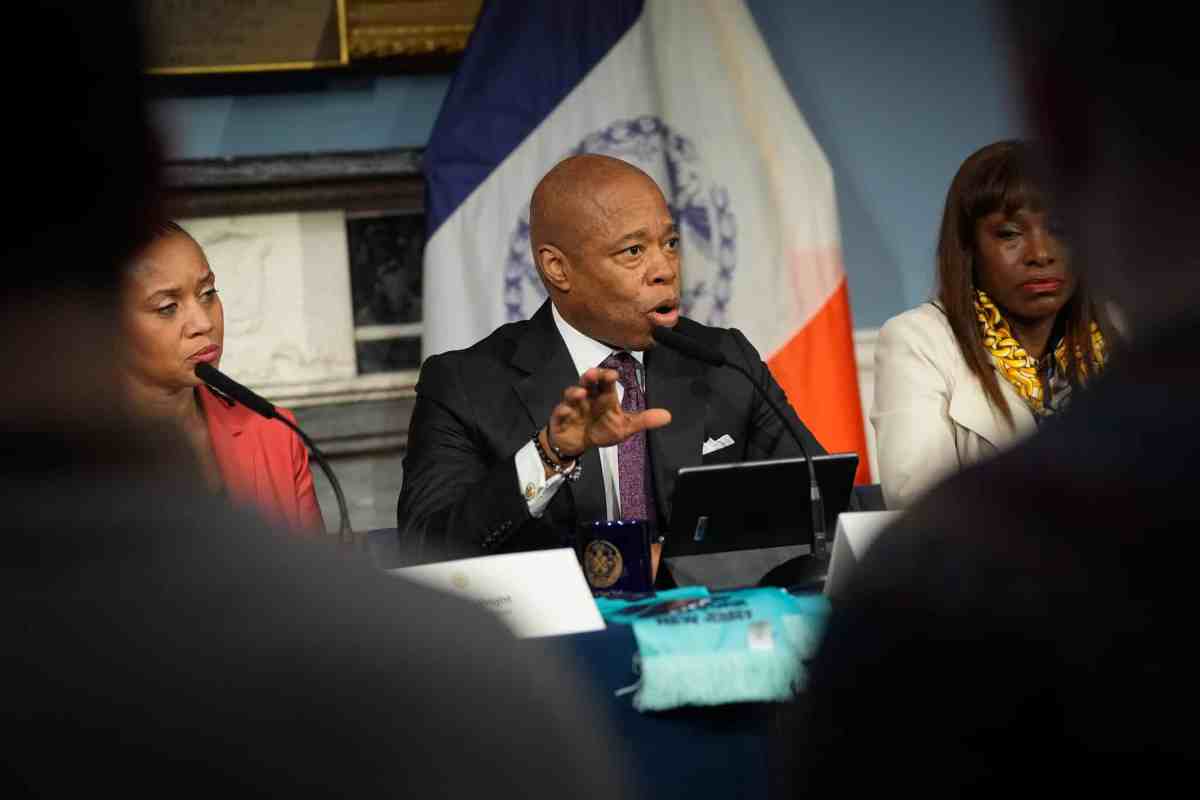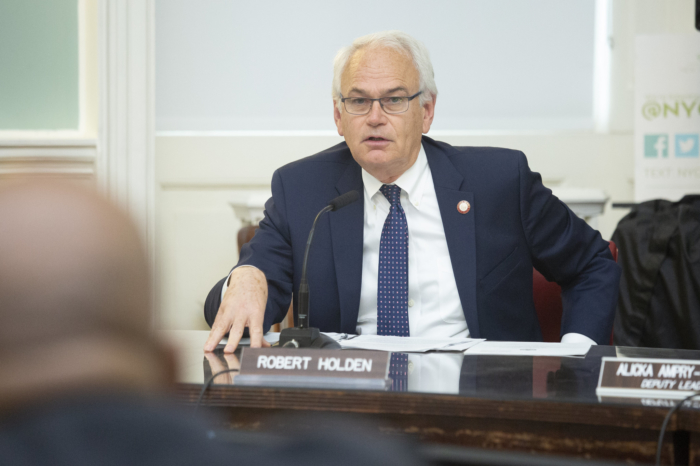By William Lewis
In presidential elections every four years, it appears that most voters vote mainly for the presidential candidate and have little interest in the vice presidential candidate. That may be true up to a point, but in some national elections vice presidential candidates can make a difference in the election results.
In the presidential race in 1988, incumbent Republican President George H.W. Bush lost the election to Democrat Bill Clinton. If Bush had had a different candidate for vice president than Dan Quayle, he might have been re-elected to a second term as president. Quayle during his four years as vice president from 1989 to 1993 was involved in various controversies and did not seem to be a very effective leader.
In 2008 Republican presidential candidate John McCain chose Alaska Gov. Sarah Palin as his running mate. It would seem that she hurt the ticket more than she helped it. McCain might have had a better chance against Barack Obama if Sarah Palin had not been on the ticket.
Most presidential candidates choose running mates based on their ability to immediately assume the office of president, if necessary. That is what Obama indicated when he chose Sen. Joe Biden to run for vice president.
Recently Hillary Clinton gave as her most important reason for choosing a running mate, the ability of the candidate to immediately step in and assume the presidential office if necessary.
Republican Donald Trump cited as a major consideration for choosing a vice presidential candidate, Mike Pence’s knowledge and experience in the federal government.
Vice presidents are also chosen on the basis of which area of our country they come from to give the ticket a geographical balance.
When we look back into the history of vice presidential selections, it can be said that the assassination of Abraham Lincoln and Andrew Johnson then becoming president hurt the reconstruction effort after the Civil War. Lincoln would have been far more effective in dealing with the problems after the Civil War than Johnson.
It is usually accepted that Vice President Theodore Roosevelt, who became president due to the assassination of President William McKinley, proved to be a very successful president after moving up to the presidency in 1901.
We can only wonder if John F. Kennedy had not been assassinated, whether he would have handled the Vietnam War much more effectively than President Lyndon Johnson. Johnson had assumed the presidency after the death of Kennedy.
The vice presidency is a very important office. That is especially true when the vice president becomes president. The vice president has few official duties. The president usually assigns the vice president responsibilities. In recent years the vice president has spent a lot of time on foreign policy matters.
The vice presidency has become a crucial office and will remain so during the 21st century.



































